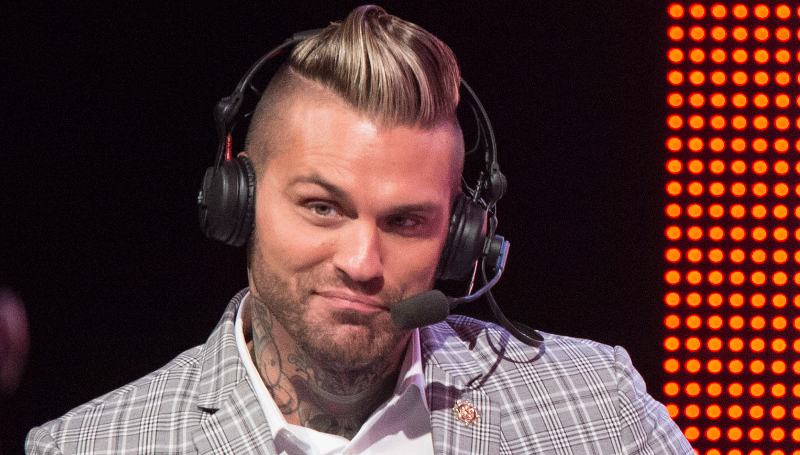WWE commentator Corey Graves drew a lot of criticism due to the comments he made about Dana Brooke on the October 4 episode of WWE RAW. He bluntly stated that Brook “has not accomplished much of anything” and questioned whether she’d ever realize her potential. (A clip of these controversial remarks is available here.)
During a recent appearance on Out of Character with Ryan Satin, Graves discussed the…








